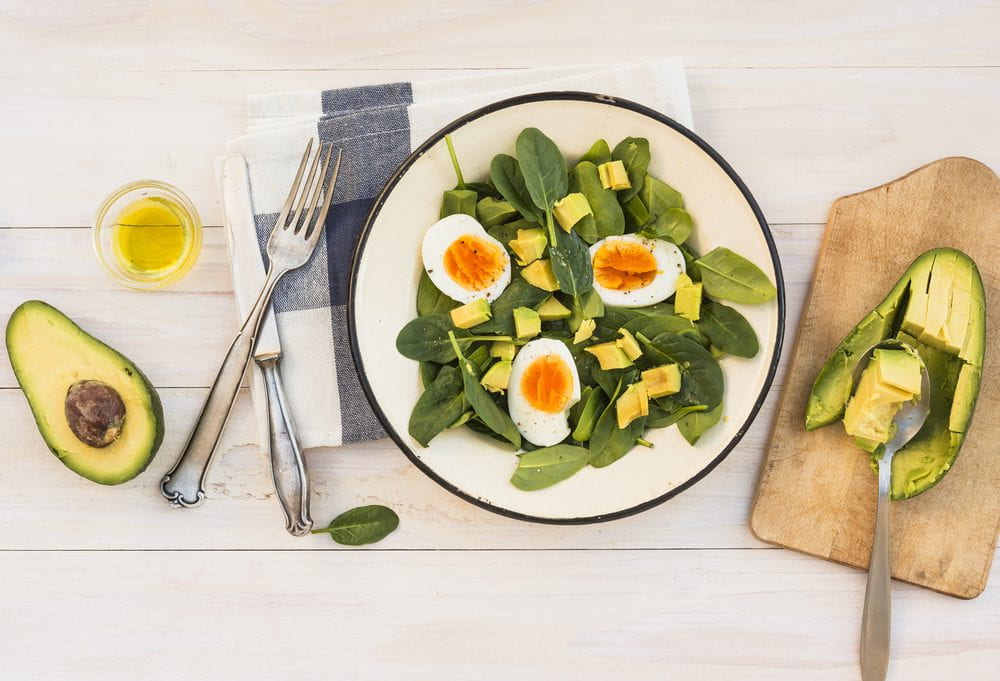Introduction
The ketogenic (keto) diet has taken the health and wellness world by storm, promising weight loss, better energy levels, and improved mental clarity. It can be overwhelming for beginners to figure out where to start. This guide breaks down the keto diet in simple terms—what it is, how it works, what to eat, what to avoid, and how to stay on track. By the end, you’ll know how to confidently begin your keto journey.
What Is the Keto Diet?
The keto diet is a high-fat, moderate-protein, and low-carbohydrate eating plan designed to put your body into a metabolic state called ketosis. In ketosis, your body becomes incredibly efficient at burning fat for energy instead of relying on carbohydrates. Ketones, produced from fat in the liver, become the brain’s alternative fuel source when glucose (from carbs) is low.
Typical macronutrient breakdown:
– 70–75% Fat
– 20–25% Protein
– 5–10% Carbohydrates
This forces the body to burn fat instead of carbs—a process that can be highly effective for both weight loss and energy stabilization.
Benefits of the Keto Diet
The keto diet is more than a trend; it has a growing body of research behind it. Some of its most well-documented benefits include:
1. Weight Loss: Reducing carbs and increasing fat leads to decreased hunger hormones, increased fat oxidation, and improved satiety.
2. Blood Sugar & Insulin Control: Keto has been shown to help people with type 2 diabetes manage blood glucose levels more effectively.
3. Mental Clarity: Many keto followers experience fewer energy crashes and more stable mental focus due to steady ketone production.
4. Better Heart Health: When done correctly with healthy fats, keto can improve cholesterol levels and lower inflammation.
5. Neurological Support: Originally developed for epilepsy, the keto diet may offer therapeutic benefits for neurological conditions.
Sources: Healthline, Harvard Health, Mayo Clinic.
Keto Foods to Eat and Avoid
Eat These:
– Meat
– Poultry (Chicken etc)
– Fatty fish (salmon, mackerel, sardines)
– Eggs
– Full-fat dairy
– Nuts and seeds
– Low-carb vegetables (spinach, broccoli, cauliflower)
– Avocados
– Healthy oils (olive oil, coconut oil, avocado oil)
Avoid These:
– Sugar (sodas, candies, cakes)
– Grains (rice, wheat, corn)
– Starchy vegetables (potatoes, carrots)
– Most fruits (bananas, apples)
– Processed foods and seed oils
Focus on whole, nutrient-dense foods to avoid common keto pitfalls like nutrient deficiencies and low fiber.
Common Challenges for Beginners
Starting keto can lead to short-term side effects known as the keto flu—a group of symptoms like headaches, fatigue, brain fog, and irritability. These are typically temporary and can be minimized by staying hydrated, increasing sodium, and easing into carb restriction.
Other common challenges:
– Social pressure at events/meals
– Dining out on a low-carb diet takes extra planning
– Misjudging carb content in packaged foods
Planning, reading nutrition labels, and staying consistent are key to overcoming these obstacles.

Keto-Friendly Snack & Meal Ideas
Some quick, easy, and keto-approved meal ideas:
Breakfast:
– Scrambled eggs with spinach and cheese
– Avocado and smoked salmon
– Keto pancakes
Lunch:
– Grilled chicken salad with olive oil dressing
– Egg salad in lettuce wraps
– Zucchini noodles with pesto and shrimp
Dinner:
– Beef stir-fry with broccoli
– Baked salmon with asparagus
– Bunless burger with cheese and avocado
Snacks:
– Cheese sticks
– Olives and nuts
– Chia pudding with unsweetened almond milk
Supplements on Keto
Some supplements (optional) can enhance your keto experience:
– Electrolytes (sodium, potassium, magnesium)
– MCT oil for fast energy
– Omega-3 for anti-inflammatory support
– Digestive enzymes to aid in fat digestion
– Vitamin D and magnesium to prevent deficiencies
Conclusion
The ketogenic diet can be a powerful tool for fat loss, mental focus, and overall health—but only when done correctly. Start by understanding the basics, focus on real foods, and listen to your body. Despite the challenges of the first week, the results often speak for themselves.
With that in mind, are you ready to kickstart your keto journey? FitroFuel is here to support you every step of the way. See our Fitrofuel Journal


